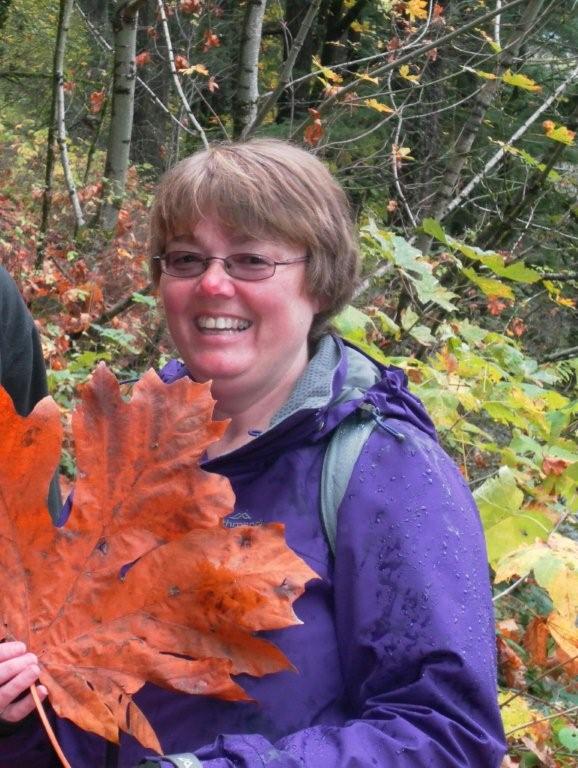I first met Sandi when she came to a class I was teaching for Whitireia Polytechnic on nonfiction and later in a Summer Poetry Workshop run by Hinemoana Baker. That same year Sandi was part of another Whitireia class of mine where she wrote a draft of her poetry collection, Calling Down the Sky. Her poem Medusa was the first poem published on WednesdayBusk.
Idea
If I have a starter idea for a poem, I call it a ‘stub.’ A stub could be almost anything — a line of dialogue, a character, a scenario, found content, a story, a subject idea, my thoughts about an image, a question, or a new idea about a connection between two things. It could be a list. On a good day I’ll be disciplined enough to jot it down. It might be as short as one word, or as long as half a page.
If I sit down to write and there are no stubs to go from, I write randomly until a promising paragraph occurs. There’s my stub.
Form comes second. If I have an intention to use a particular form, I’ll still use a stub to start the poem off. Unless it’s a sestina. So far I’ve only written four of those, but I enjoy how the sestina form generates the content from beginning to end.
Planning
I find planning useful, particularly if I want to write a group of poems within a theme. I might have an outline, but I don’t try to plan an entire poem because the poem will evolve during the writing process. Sometimes I think I’m writing about something innocent like ‘lamingtons’ and discover deeper layers of thinking in the poem that have come from my subconcious. Often I don’t completely cotton on to what I’m writing about until quite late.
Rituals
I can’t start the day well without a coffee in me. Before I write, and if I have my computer with me I’ll read all my emails, and then play few games of spider solitaire or sudoku. If it’s solitaire I have to win, and if it’s sudoku I must solve the puzzle within a time limit. Once that’s acheived I can begin to write.
Rejection
I go for a stiff upper lip, but it makes me feel pretty grumpy. I try not to make a lot of noise about it but if I happen to hear other poets grumbling, I’ll join right in. Like many vices, it’s better in good company.
My strategy is to always have several pieces under consideration for different journals or competitions. That way, there’s always hope for another piece of work. It softens the blow.
Success
When a piece of my work is accepted for publication, I feel a sense of elation that’s way out of proportion. It’s a feeling that sustains me for weeks and months. The first time I had a poem published was in Valley Micropress. It gave me a huge buzz to know that other readers would read my work. What a thrill to see my name in print for the first time. I enjoy that recognition, but for me the big deal with publication is that it completes the poem. When a poem finds a reader, that is the final part of the process. It’s very satisfying.


